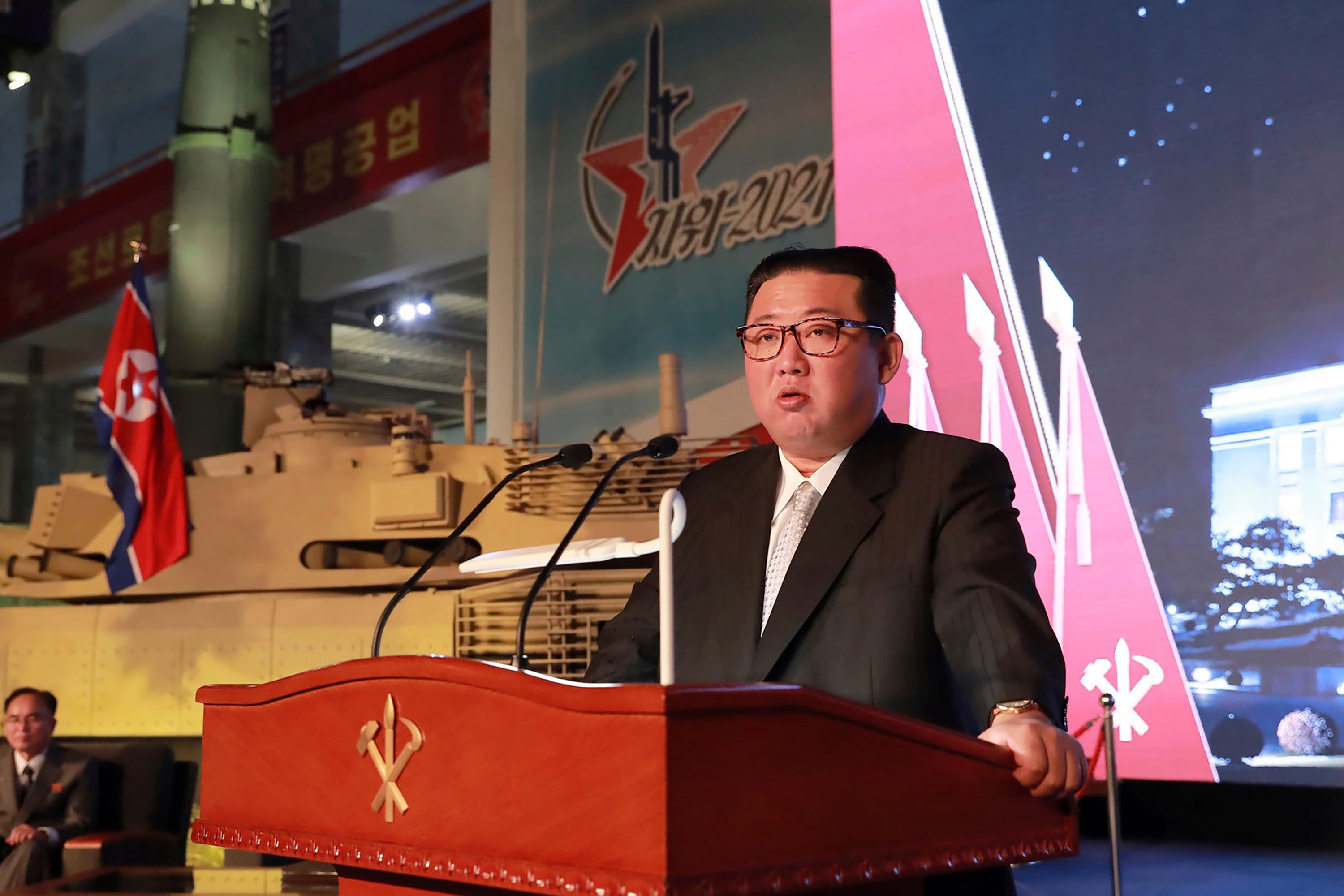North Koreans urged to eat ‘delicious’ swan meat amid food shortages
‘Black swan meat is delicious and has medicinal value,’ says state-run newspaper

Your support helps us to tell the story
From reproductive rights to climate change to Big Tech, The Independent is on the ground when the story is developing. Whether it's investigating the financials of Elon Musk's pro-Trump PAC or producing our latest documentary, 'The A Word', which shines a light on the American women fighting for reproductive rights, we know how important it is to parse out the facts from the messaging.
At such a critical moment in US history, we need reporters on the ground. Your donation allows us to keep sending journalists to speak to both sides of the story.
The Independent is trusted by Americans across the entire political spectrum. And unlike many other quality news outlets, we choose not to lock Americans out of our reporting and analysis with paywalls. We believe quality journalism should be available to everyone, paid for by those who can afford it.
Your support makes all the difference.Food scarcity in North Korea has forced its government to take urgent measures, including encouraging the consumption of black swan meat and by using coupons replacements for cash.
South Korea’s intelligence agency, the National Intelligence Service, told a group of lawmakers in a closed-door parliamentary briefing on Thursday that the country’s leader Kim Jong-un had issued orders to secure every grain of rice and devote all-out efforts to encourage farming to plug the food shortage, reported Reuters.
Earlier this week, state media promoted swan meat and encouraged black swan breeding so that it could serve as a viable source of protein.
“Black swan meat is delicious and has medicinal value,” the ruling party’s Rodong Sinmun newspaper said on Monday.
Authorities, however, have asked schools, factories and businesses to grow food and rear animals to boost self-sufficiency since 2019, according to Seoul-based NK News.
Several media outlets have also cited unidentified sources to suggest the country’s central bank was printing coupons worth $1 (£0.73) to plug the shortage of Korean won bills, reported Reuters.
The news agency, however, could not independently verified the use of these bills.
Earlier this month, a UN investigator’s report said that while 40 per cent of North Koreans were food insecure before the pandemic, stringent restrictions imposed in the last two years have put the country at risk of starvation.
The report highlighted how restrictions on travel between cities, border shutdowns and restricted imports of non-essential items had affected the country’s food supply chain.
While North Korean leader Kim Jong Un has acknowledged the “grim” food situation earlier this month, the report was later denied by North Korea.
The country is also taking steps to reopen its borders with China and Russia in the coming months, the spy agency said.
UN agencies said there were also signs that the country was receiving humanitarian aid from China.
In August, North Korea had ordered the release of military rice reserves to tackle a food crisis in the country.
The country’s food crisis has also been compounded by sanctions from the UN for pursuing its nuclear programme.
The “main obstacles to the government’s efforts to achieve the sustainable development of the country” include the “continued sanctions and blockade on the DPRK [North Korea],” the country said in July in a report submitted to the UN.
Join our commenting forum
Join thought-provoking conversations, follow other Independent readers and see their replies
Comments